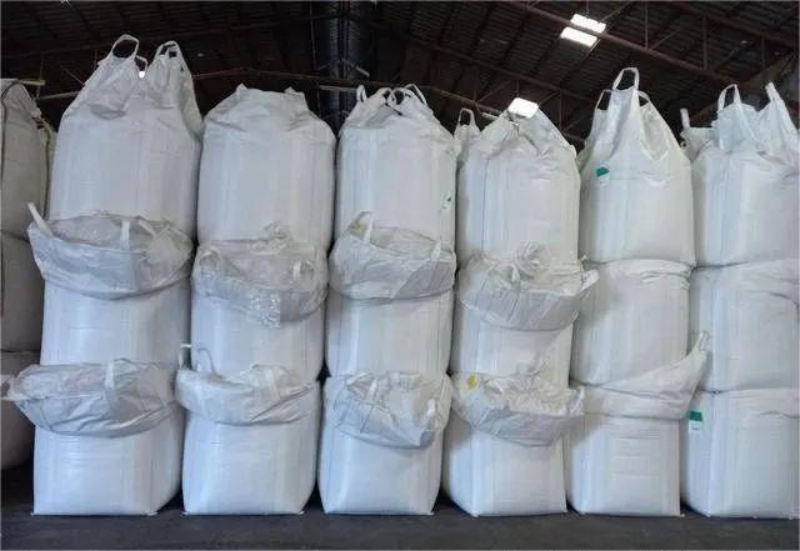Consultation hotline:
(+86)0532-88988868
(+86)0532-88988868
Resins play a vital role in water treatment equipment, and their functions and effects have a non-negligible value for improving water quality, protecting the environment, and achieving sustainable use of resources.
First, we need to understand how resins work in water treatment equipment.
Resin is a polymer compound with a porous structure that adsorbs and exchanges ions and impurities in water.
When the water passes through the resin layer in the water treatment equipment, the ions in the water will exchange with the resin, and the resin can adsorb and remove impurities in the water, so as to achieve the purpose of purifying the water quality.
This ion exchange technology is an important means in the field of water treatment and is widely used in various types of water treatment equipment.

The application effect of resin in water treatment equipment is very significant.
First of all, resins can significantly improve water quality. Through ion exchange and adsorption, the resin can remove harmful substances such as hardness ions, heavy metal ions, organic matter and bacteria in the water, and the water quality can be greatly improved.
Second, resins extend the life of water treatment equipment. Due to the resin's ability to remove impurities from the water, it reduces wear and clogging of the equipment, thereby extending the life of the equipment.
In addition, resin has the advantage of being highly renewable, and its exchange capacity can be restored through recycling treatment, and recycling can be realized.
However, the application of resins in water treatment equipment also faces some challenges.
First, the selection and use of resins needs to be precisely matched to specific water quality and treatment requirements.
Different resins have different exchange capacities and selectivity, which may affect the treatment if not selected properly.
Secondly, the recycling of resin is also a concern. During the regeneration process, appropriate conditions such as temperature, concentration and pH value need to be controlled to ensure the regeneration effect of the resin.
In addition, the preservation and management of resins is an important task that needs to be protected from moisture, heat, or other contaminants.
In order to get the most out of resins in water treatment equipment, we need to take a series of measures to optimize their application.
First of all, we need to choose the right type of resin based on the specific water quality and treatment requirements. When selecting a resin, we need to consider factors such as its exchange capacity, selectivity, stability, and reproducibility.
Second, we need to strengthen the preservation and management of resins. During storage, the resin needs to be protected from moisture, heat, or other contaminants;
During use, the resin needs to be checked and replaced regularly to ensure its treatment effect.
In addition, we also need to pay attention to the research and application of resin recycling technology.
With the continuous development of science and technology, new recycling technologies and methods are emerging, providing more options for the recycling of resins.
In addition, we need to pay attention to the economical and environmental friendliness of resins in water treatment plants.
While resins are highly effective in water treatment, their cost and longevity are also factors to consider.
Therefore, when choosing resins, we need to comprehensively consider factors such as performance, cost and environmental friendliness to achieve a balance between economic and environmental benefits.
In summary, resins play a vital role in water treatment equipment, which improves water quality and extends the service life of equipment through ion exchange and adsorption.
However, the application of resins also faces some challenges and problems, which require us to take a series of measures to optimize their application results.
With the continuous development of science and technology, we believe that more advanced resin materials and technologies will emerge in the future, injecting new vitality into the development of the water treatment field.


